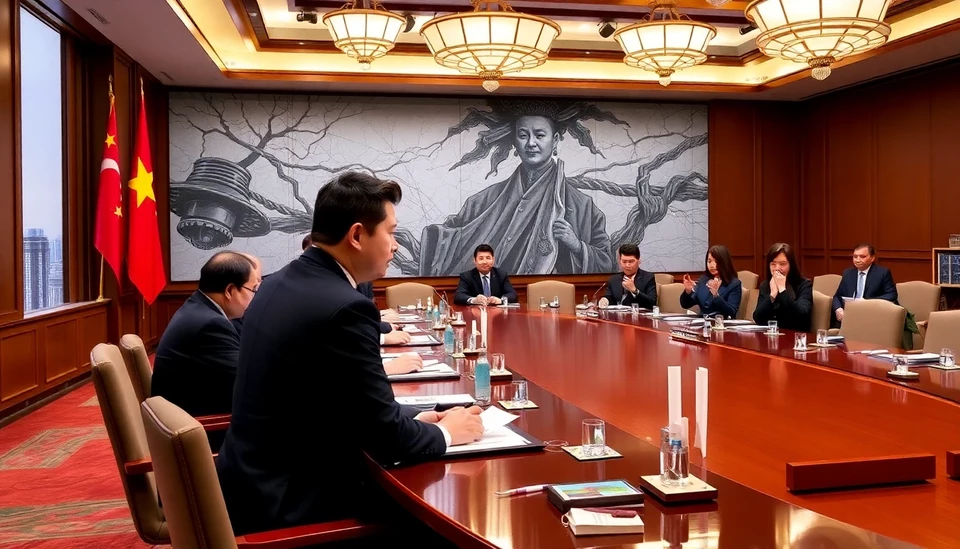
As China approaches a pivotal meeting this week, questions surrounding its economic stimulus measures have come to the forefront. The country’s ongoing battle with economic slowdowns and uncertainties caused by external pressures, particularly from the real estate sector and global economic shifts, are sparking debates about the effectiveness of its fiscal and monetary interventions. Analysts are bracing for potential announcements from officials, but the lasting impact of these stimulus strategies remains uncertain.
The upcoming meeting, which is anticipated to be attended by high-ranking government officials, including key policymakers from the central government and the People's Bank of China (PBOC), aims to address the various economic challenges that have emerged in recent months. With growth figures falling short of government targets, this gathering marks a critical point in determining how the nation will respond to its current economic climate.
Recent data suggests that China's GDP growth has decelerated, raising concerns among investors and citizens alike. The slowdown has been particularly pronounced in sectors such as manufacturing and exports, which are crucial to the Chinese economy. Additionally, the real estate market continues to show signs of strain, with major developers facing defaults on debt obligations and a decline in property sales. These developments contribute to the overall uncertainty that looms over the economy, prompting calls for more robust intervention.
Economists predict that despite hopes for swift and effective solutions from the upcoming meeting, any new measures enacted may take substantial time to materialize in the broader economic landscape. Some analysts suggest that the government might lean towards more fiscal stimulus, including increased infrastructure spending, while others speculate on the potential for additional cuts to interest rates aimed at boosting lending and investment.
However, the success of such measures is yet to be fully realized, as previous stimulus efforts have had mixed results. While some policies have provided short-term relief, they have not consistently translated into sustainable growth, leading to skepticism about the efficacy of government strategies among economists and market watchers.
The implications of this meeting extend beyond China's borders, as the global market reacts to the economic health of the world's second-largest economy. Investors will be closely monitoring developments and adjustments in Chinese policies, which could ripple through global supply chains and affect economic conditions worldwide. The interconnectedness of economies means that China's decisions will likely hold significant weight in international markets.
In conclusion, while the upcoming meeting is poised to be a critical juncture for China’s economic strategy, the long-term outcome remains uncertain. Questions about the sustainability and impact of stimulus measures will persist, urging both domestic and international observers to remain vigilant and responsive to the evolving economic landscape.
As stakeholders await the outcomes of this high-profile gathering, the spotlight remains firmly on China and its fiscal strategies moving forward.
#China #Economy #Stimulus #RealEstate #GlobalMarkets #FiscalPolicy #Investment #EconomicGrowth #PBOC
Author: Daniel Foster




